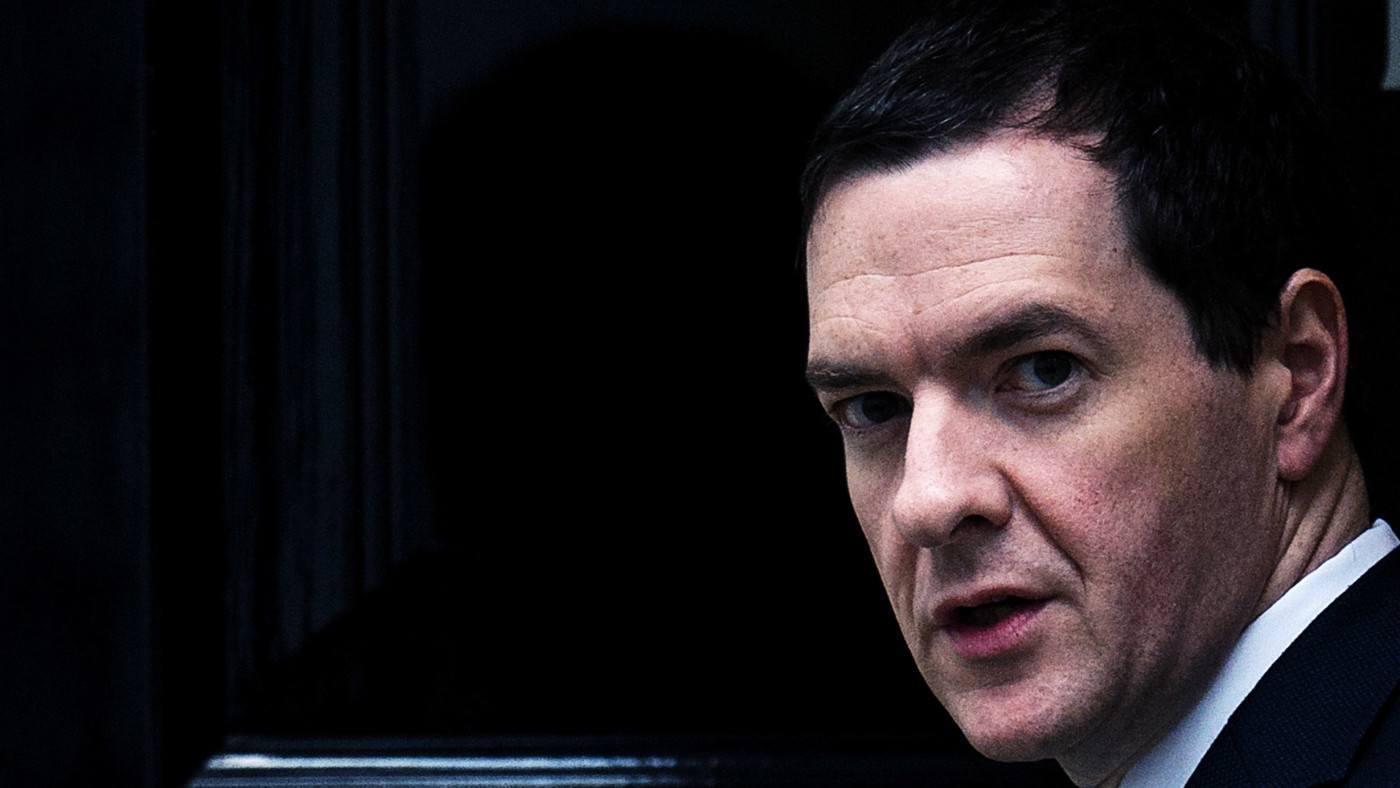George Osborne is widely assumed to be under huge pressure in this week’s Budget, but there’s not that much wrong with the UK’s economic situation. Don’t buy the media’s story that everything’s a disaster and we need some massive re-appraisal from the Chancellor when he stands up on Wednesday. Think of the Budget instead as a tidying up exercise.
Yes, Osborne probably needs to find a few billion extra in spending cuts. He’ll get a bit of that for free from international development because his target there is a percentage of GDP, so lower GDP equates to lower spending. He might get a fraction more by tweaking some assumptions about rates of employment participation – that could be justified by the stellar performance of the labour market and would save him a bit on welfare costs.
Since he might only need a couple of billion more, after the tweaks above, it’s not totally inconceivable he could just wear the slippage if it weren’t for his daft surplus legislation. The notion of targeting having a surplus was excellent. Legislating for it was not. Incidentally, almost all the criticisms of him on this get that the wrong way around. Folk talk as if the issue is that he shouldn’t be targeting a surplus. Of course he should be. We’ll be in appalling trouble by around 2030, or sooner if there’s a bad recession first, if we don’t run a consistent surplus for the next fifteen years.
Assuming then that he does need more, in respect of other cuts, he is so politically boxed in that he can’t do the sane things – i.e. rein in health spending or schools spending. He is also committed to not cutting certain pensioner benefits (winter payments etc). He may try for more cuts for local authorities, perhaps combined with some clever wheezes to grant local authorities additional revenue-raising sources of their own.
To summarise what he should be doing, I would:
1) Not change things much.
2) Scrap the daft surplus legislation, but target a surplus and retain flexibility. We need around 2% surplus per year for the next fifteen years.
3) Trim the health and schools budgets and the pensioner benefits (all of which are in the “ain’t gonna happen” box, BTW) to get myself a couple of billion, but nothing too much. We need public spending to be below 36% of GDP. It’s very implausible we’ll be able to raise more than about 37% of GDP in tax (even that would be above the historic limit, which on the revised figures is closer to 36% – not the 38% figure everyone knows).
4) Avoid cutting welfare benefit levels further. Ever since 2010 I’ve argued that benefit levels do not need to be cut. What needs to be cut is the number of people eligible, not the benefits paid to those that are eligible. He’s made some progress on cutting numbers, but there’s much more scope yet. It won’t be quick to achieve that, though. The numbers built up over decades and will take decades to get down again.
In terms of things he may do that I wouldn’t, he might get yet more in profits on QE from the Bank of England – because of the fantastically low yields at the moment. He may also opportunistically tax debt interest for companies with more than a certain level of leverage, playing off some OECD recommendations and European Commission proposals regarding anti-tax avoidance rules.
But that’s about it.


